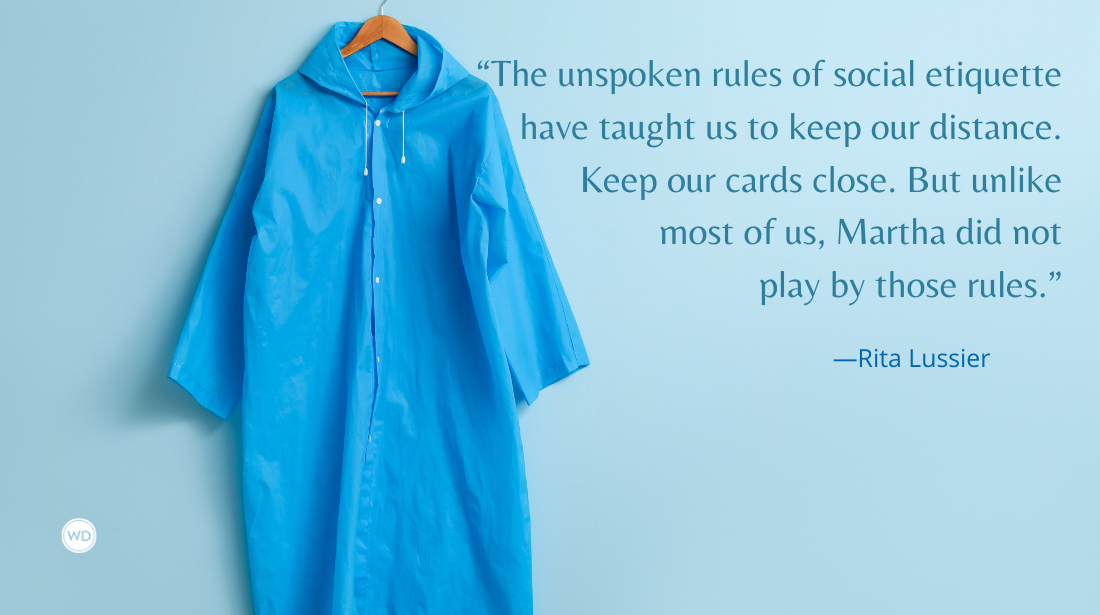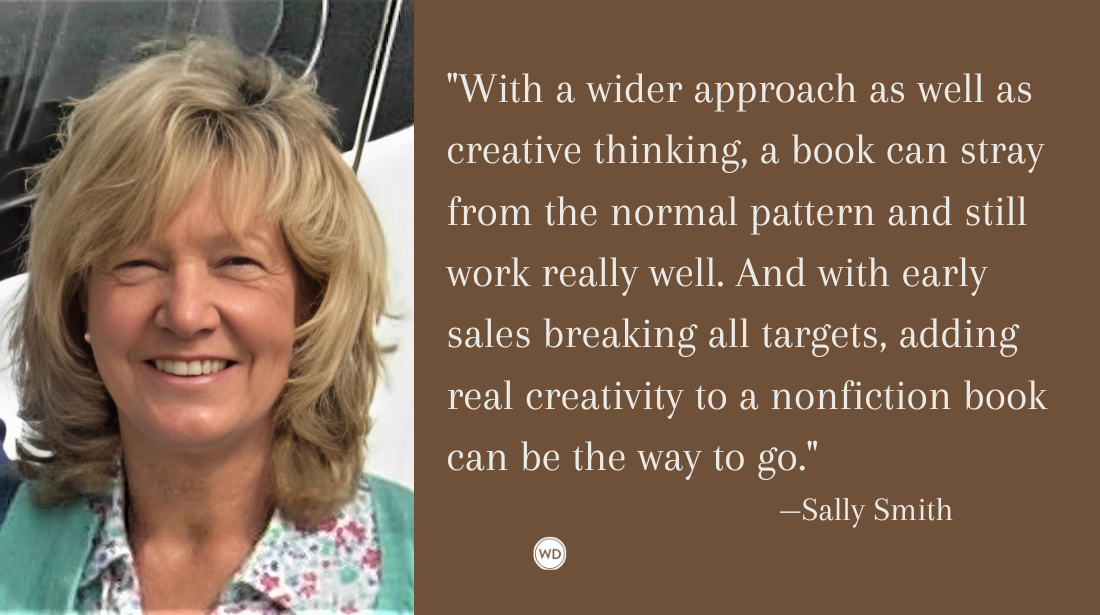When Words Play, You Win!
What to do when a blank page stares blankly back? Hold on tight while your mind unravels.
Ah, the agony of the blank page. Or rather, in this plugged-in era, of the blank screen. That dratted cursor blinking, blinking, blinking at you, as if to say, "OK, smart guy, Mr. I-wanna-be-a-writer, let's see what you've got. Go ahead, start that story. Write that article. What's the matter? Can't even come up with the first line?"
If only you could break the pure bleakness of that empty screen, the rest would follow. You'd like to craft a lead that reads like poetry, an opening paragraph that compels readers to continue by the sheer beauty and power of your prose.
But after a couple of hours of staring at that dang blinking cursor, you'd settle for an opening that's at least in passable English. Or Urdu, maybe, if there's an Urdu-English dictionary handy.
That's when you resort to wordplay. It's all right—there's no shame in it. Sometimes it's out of desperation, sometimes it's when you're in a hurry and the deadline clock is ticking, and sometimes it's just the best, fastest, smartest way to start your story.
Turn a phrase
By wordplay I mean the literary equivalent of dazzling them with footwork. You take your subject, feed it into the great sausage-making machine of familiar words and phrases inside your head (you've got one—trust me), and out comes something brilliant, clever or at least passable. What really matters is that you've found a place to start, and your story can take it from here.
For example, consider this first line from a Wall Street Journal feature by Jeffrey Zaslow. It's taken, as are all the examples this month, from a marvelous new collection of the Journal's "middle-column" articles called Floating Off the Page, edited by Ken Wells (Simon & Schuster): "The queen of the cows is the very model of a farmer's daughter."
Zaslow takes the familiar phrase "farmer's daughter" and plays off it with the more surprising "queen of the cows" to start a story on the first-ever Miss Agriculture competition. The result is at once ironic yet appropriate.
Similarly, Journal writer Elizabeth Seay riffs on the phrase "go quietly" for an easy opening to a story on futuristic tombstone technology: "Some people want to go quietly. Dorothy Schaffer wants to go digital."
This lead, like Zaslow's, works not only because it's bright and lively, but because it makes readers curious: Digital dying—what? (Or, in Zaslow's case: Who or what is the queen of the cows?)
A similar curiosity propels readers of this first line in a story by James McGregor: "The Cantonese people of south China are legendary for eating anything that moves—and some things that are still moving."
Stomachs churning, readers nonetheless want to know more: What (urk) exactly are the Cantonese eating that's (ugh) still moving?
To craft this curiosity-creating first line, McGregor needs only the familiar phrase "anything that moves"—and some simple wordplay with it.
We're not really talking about puns, or labored plays on words. It's simply a matter of finding an appropriate phrase, cliche or slogan and springing into an intriguing article opening.
A light touch
Wordplay works best to start an article when your subject is equally whimsical—or at least you're not taking it too seriously (and signaling your readers to do likewise), even if the people you're writing about are. If Seay had been writing a serious feature about death and dying, rather than gently poking fun at high-tech tombstones, even such a mildly breezy opening would have been inappropriate. Similarly, you wouldn't want to start an article on, say, famine in Africa with a play off the famous line, "You can never be too rich or too thin."
But if your subject is the controversy over a new nudist resort that seems posh, almost sinful, by nudists' (ironically) puritanical standards, a light touch is just fine. You don't even need many words to open with some wordplay, as Elliot Carlson shows in this Journal lead: "Are nudes prudes?"
A little rhyming, an ironic juxtaposition, and his story is off and running. The reader is instantly curious about the answer to the opening question—well, are they?—and can hardly help diving into the rest of Carlson's piece.
The ideal wordplay opening, however, not only toys with the topic and piques readers' interest but somehow reflects the subject itself. For example, Journal writer Dave Blum tackles the Club for One-Pulse Words—a group promoting single-syllable communication, of all things—by gamely attempting to write his story in, of course, "one-pulse" words. That article-length exercise in wordplay naturally starts with the very first sentence, "May I have a small word with you?" Not only does Blum riff on the phrase "May I have a word with you?," he does so in the spirit of his subject. It's a challenge not for the writerly faint of heart, but Blum pulls it off.
Opposites attract
To gin up your own wordplay openings, start by thinking of words and phrases associated with your subject. List them on a piece of paper if that helps. Consult the dictionary, a thesaurus, a book of quotations and an Internet search engine. Advertising slogans, cliches, song lyrics and nursery rhymes are all fair game—you're looking for words that will ring familiar with readers when you play with them, not fresh coinages. The more familiar the phrase, in fact, the better.
Next, take your list of phrases and start substituting words. If your article brings together two seemingly opposite concepts, try marrying a phrase from one opposite with a word or two from the other. For example, Seay's article on high-tech tombstones unites the hitherto disparate worlds of burials and computer technology. That's a combination rich with phrases begging to be played with.
Think of other phrases associated with death and burial: "rest in peace," "six feet under," "in loving memory." How might you put a high-tech twist on those? "Digitally departed" comes to mind, or something like "in loving random-access memory."
Get the idea? The opening wordplay could go the other direction, too, by putting a mortuary twist on a familiar high-tech phrase.
You may have to play around with several phrases and variations before hitting on something that makes a natural opener and provokes readers' curiosity (without simply baffling them). Don't strain for puns or reach for cuteness. You're just seeking a pleasant turn of phrase that gets you (and readers) into your story. Unlike more highly evolved leads, a wordplay opening need not foreshadow the whole article to come, nor does it necessarily lend itself to a "coming full circle" ending. That might be more weight than your little wordplay can bear.
And you probably shouldn't clear off a spot on your shelf for a Pulitzer earned by any article begun so frivolously. Wordplay is almost a cheater's way of starting a story.
But it does get you started—and that's a heckuva lot better than staring at a blank screen, cursing your cursor.
This article appears in the January 2003 issue of Writer's Digest.






